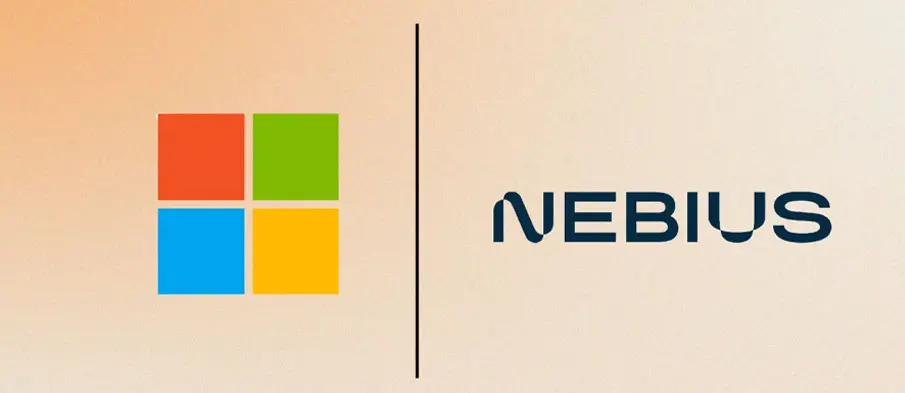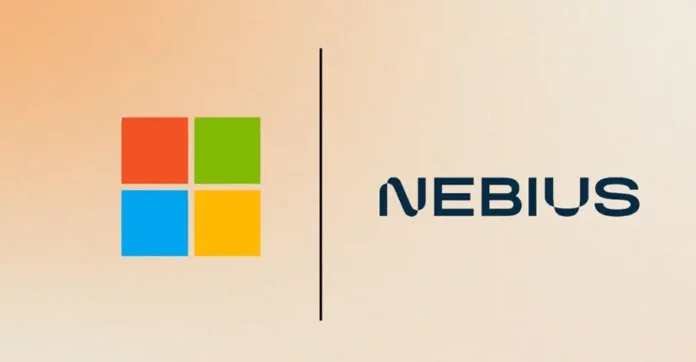
Nebius Group has secured a massive $17.4 billion deal with Microsoft to provide GPU infrastructure capacity over the next five years, in what is being called a landmark agreement for the rapidly expanding AI infrastructure space. The deal includes a clause that could push the total value to $19.4 billion if Microsoft opts for additional services. Following the announcement, Nebius shares surged 33% in after-hours trading, underscoring investor confidence in the company’s growth trajectory.
The agreement comes as businesses across industries race to scale their generative AI capabilities, driving unprecedented demand for data center infrastructure. As part of the deal, Microsoft will gain access to dedicated GPU capacity from Nebius’ upcoming data center in Vineland, New Jersey, starting later this year. This access will allow Microsoft to expand its ability to support next-generation AI workloads and offer stronger cloud services to its enterprise customers.
Calling the deal a milestone for the company, Nebius CEO Arkady Volozh said, “The economics of the deal are attractive in their own right, but, significantly, the deal will also help us to accelerate the growth of our AI cloud business even further in 2026 and beyond.”
Headquartered in Amsterdam, Nebius provides AI developers with high-performance GPUs, storage solutions, managed services, and its proprietary cloud software architecture. The company was created following the split of Russian tech giant Yandex and has since been working to carve out its position in the global AI infrastructure market.
With this deal, Nebius strengthens its standing as a direct competitor to U.S.-based CoreWeave, which also counts Microsoft among its largest customers. Industry experts believe this move could diversify Microsoft’s AI infrastructure supply chain and give it additional leverage as demand for computing power continues to surge.
The Nebius-Microsoft partnership highlights a larger trend in the tech sector — the shift toward securing long-term access to compute resources as AI adoption accelerates worldwide. As hyperscalers and enterprises alike scramble to build scalable, high-performance infrastructure, such multi-billion-dollar agreements are expected to become increasingly common in the coming years.





